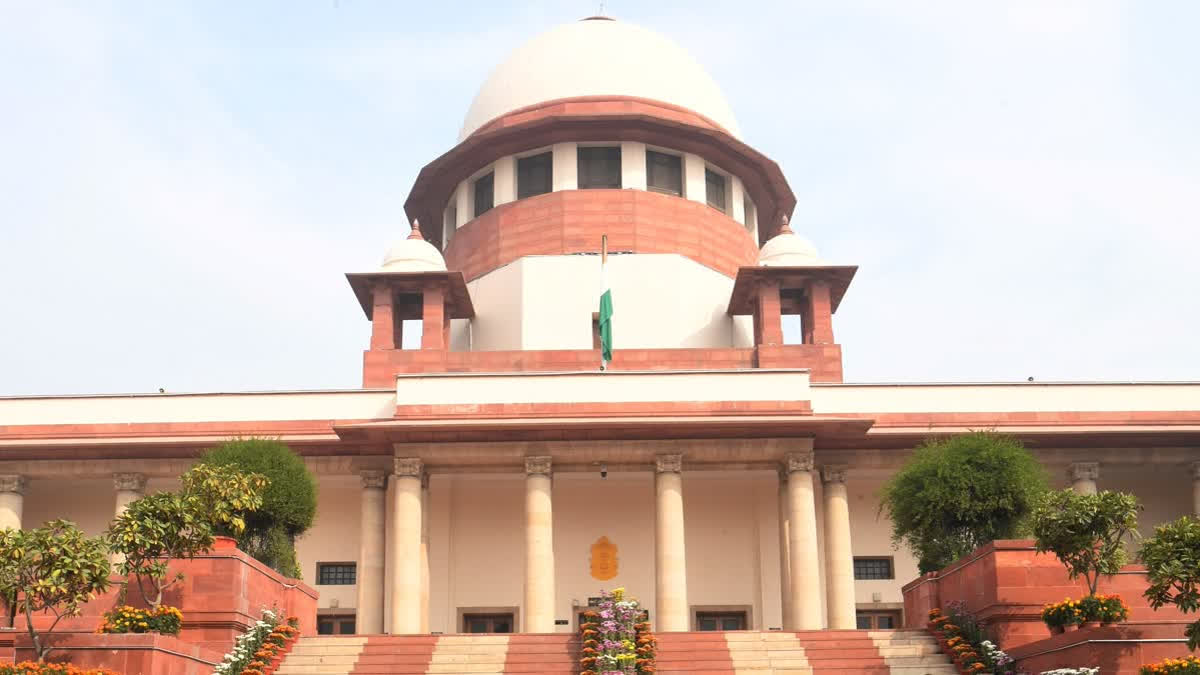New Delhi: The Supreme Court Friday told the Attorney General R Venkataramani that there so many things which have to be resolved between the Tamil Nadu chief minister and the state’s governor, and the court would appreciate if the governor engages with the CM and resolves the impasse, regarding disposing of bills submitted for his assent.
A three-judge bench, led by Chief Justice of India D Y Chandrachud and comprising justices J B Pardiwala and Manoj Misra, said: “Mr Attorney General, we would like the governor to resolve this impasse. We are conscious of the fact that we are dealing with a high constitutional functionary…..there are three options to the governor under the substantive part of Article 200: he can assent to the bill, or he can withhold assent, or he can reserve the bill for the consideration of the president…..”.
The CJI said in this case, “You say in November 2023, he withheld the assent. Now, once he withholds the assent there is no question of him referring it to the president”. The AG replied that it is an open question and it would have to be examined. “Then he has to follow one of the three options: assent, withhold assent, and refer it to the president. So, when he withholds assent. Then, he cannot say that now I am referring it to the president. Second, once he withholds assent. He cannot kill the bill right then, I mean we are using it in a very common parlance…he cannot stall the bill there…”, said the CJI.
The bench further added that once the governor withholds assent then the proviso does not give him a fourth option. The AG said on this aspect he has little difference. “We have laid down that law. That is governed by our judgment (in the Punjab governor matter)”, said the CJI. The AG said the Lordships may have relook at the proviso for the fourth option. “Otherwise, what happens….the moment he withholds assent and we say that he is not bound to send it to the assembly. He can stultify the bill completely at the level of the governor.”, the CJI stressed.
The bench made these observations after senior advocate Abhishek Singhvi informed it the governor has referred the 10 bills re-adopted by the assembly to President Droupadi Murmu. Ravi earlier this month returned ten bills - two of which were passed by the earlier AIADMK government. The Tamil Nadu Assembly then held a special session to re-adopt all ten bills, which were sent back to the Governor for his assent.
The CJI said the president holds an elected office, therefore much wider power is conferred on the president by the Constitution. “The governor as a nominee of the Union government must exercise one of the three options specified in the substantive part of Article 200….”, said the CJI.
